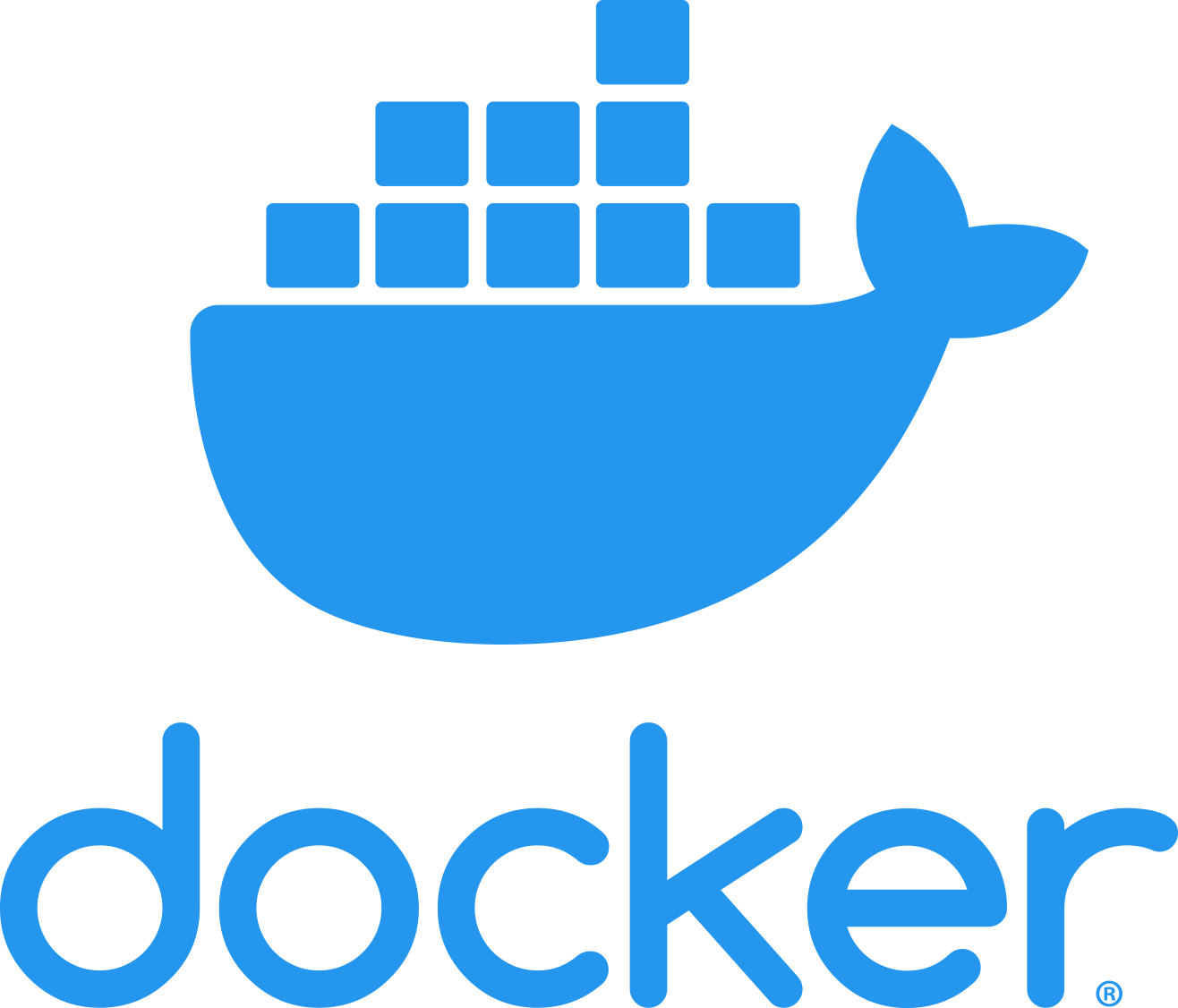Comprehensive Showcase of AI, ML, and Cloud Tools
An expanded collection of 25 essential tools and platforms, perfectly categorized for developers, data scientists, and engineers in the AI ecosystem.
25
Tools & Platforms
5
Categories
25
Currently Showing
🔍
Frameworks & Libraries 5 tools
TensorFlow
Google Brain Team • 2015
Comprehensive open-source platform for machine learning with production-ready deployment capabilities.
Key Features:
- Flexible ecosystem for research and production
- TensorBoard for visualization
- Mobile & edge deployment (TF Lite)
- Distributed training support
PyTorch
Meta AI • 2016
Dynamic deep learning framework with strong GPU acceleration and Pythonic interface.
Key Features:
- Dynamic computation graphs
- Intuitive, Pythonic API
- Strong community and ecosystem
- TorchScript for production
Scikit-learn
David Cournapeau • 2007
Simple and efficient tools for data mining and machine learning built on NumPy and SciPy.
Key Features:
- Classical ML algorithms
- Simple, consistent API
- Comprehensive preprocessing tools
- Model selection and evaluation
Keras
François Chollet • 2015
User-friendly neural network library designed for fast experimentation and prototyping.
Key Features:
- Simple, intuitive API
- Modular and composable
- Multi-backend support
- Extensive model zoo
Hugging Face
Clément Delangue • 2016
Platform democratizing AI through open-source models, datasets, and tools for NLP and beyond.
Key Features:
- 50,000+ pre-trained models
- Transformers library
- Model Hub and datasets
- Easy fine-tuning and deployment
Cloud & MLOps Platforms 5 tools
Google Cloud AI
Google • 2008
Comprehensive AI platform with Vertex AI providing unified tooling for the entire ML workflow.
Key Features:
- Vertex AI unified platform
- AutoML for no-code solutions
- Pre-trained AI APIs
- BigQuery ML integration

AWS SageMaker
Amazon • 2017
Complete ML service for building, training, and deploying models with integrated tools and workflows.
Key Features:
- Managed Jupyter notebooks
- Automatic model tuning
- One-click deployment
- Built-in algorithms and frameworks
Azure ML
Microsoft • 2014
Enterprise ML platform with drag-and-drop designer and comprehensive MLOps capabilities.
Key Features:
- Visual designer interface
- Automated machine learning
- MLOps and CI/CD integration
- Enterprise security and compliance
Databricks
Ali Ghodsi, Matei Zaharia • 2013
Lakehouse platform unifying data warehousing and AI with collaborative notebooks and Delta Lake.
Key Features:
- Lakehouse architecture
- Collaborative notebooks
- Delta Lake for reliability
- MLflow for ML lifecycle

Kubeflow
Google • 2017
Open-source ML platform for deploying portable, scalable ML workflows on Kubernetes.
Key Features:
- Kubernetes-native ML
- Pipeline orchestration
- Multi-framework support
- Distributed training capabilities
Containerization & Orchestration 5 tools

Docker
Solomon Hykes • 2013
Industry-standard platform for building, shipping, and running containerized applications anywhere.
Key Features:
- Container runtime engine
- Docker Compose for multi-container apps
- Docker Hub registry
- Cross-platform compatibility
Kubernetes
Google (CNCF) • 2014
Production-grade container orchestration system for automating deployment, scaling, and management.
Key Features:
- Automated rollouts and rollbacks
- Self-healing capabilities
- Horizontal scaling
- Service discovery and load balancing
Podman
Red Hat • 2018
Daemonless container engine designed as a drop-in replacement for Docker with enhanced security.
Key Features:
- Rootless containers by default
- Docker-compatible CLI
- Pod support (multiple containers)
- No daemon dependency

Buildah
Red Hat • 2017
Flexible tool for building OCI container images without requiring a full container runtime.
Key Features:
- Dockerfile and script support
- Rootless image building
- Fine-grained layer control
- No daemon required
OpenShift
Red Hat • 2011
Enterprise Kubernetes platform with developer-friendly tools and enhanced security features.
Key Features:
- Developer console and tools
- Built-in CI/CD pipelines
- Enterprise-grade security
- Multi-cloud and hybrid support
Big Data & Analytics 5 tools
Apache Spark
Matei Zaharia • 2014
Lightning-fast unified analytics engine for big data processing with in-memory computation.
Key Features:
- In-memory data processing
- Batch and stream processing
- MLlib machine learning library
- Supports SQL, Python, Java, Scala
Snowflake
Benoit Dageville, Thierry Cruanes • 2012
Cloud-native data platform with near-unlimited scale and cross-cloud data sharing capabilities.
Key Features:
- Multi-cloud architecture
- Automatic scaling and optimization
- Secure data sharing
- Zero maintenance required
Apache Hadoop
Doug Cutting, Mike Cafarella • 2006
Open-source framework for distributed storage and processing of large datasets across clusters.
Key Features:
- HDFS distributed file system
- MapReduce processing model
- YARN resource management
- Fault-tolerant by design

Apache Flink
TU Berlin • 2014
Stream processing framework for distributed, high-performance data streaming applications.
Key Features:
- True stream processing
- Event time processing
- Stateful computations
- Exactly-once semantics
Google BigQuery
Google • 2010
Serverless, highly scalable enterprise data warehouse with built-in machine learning capabilities.
Key Features:
- Serverless architecture
- Petabyte-scale analytics
- Real-time analytics support
- Built-in ML with BigQuery ML
AI Research & APIs 5 tools
OpenAI
Sam Altman, Elon Musk • 2015
AI research and deployment company behind GPT models, DALL-E, and ChatGPT.
Key Features:
- GPT-4 and GPT-4 Turbo models
- DALL-E image generation
- Robust API platform
- ChatGPT conversational AI
Google AI
Google AI
Google • 2000s
Google's AI research division pushing boundaries in machine learning, NLP, and computer vision.
Key Features:
- Gemini AI models
- Cutting-edge research publications
- Open datasets and tools
- AI-powered products integration
Meta AI
Meta (Facebook) • 2013
Meta's AI research division committed to open science and advancing AI capabilities.
Key Features:
- LLaMA open-source models
- PyTorch framework development
- Computer vision research (FAIR)
- Open research publications
Cohere
Cohere
Aidan Gomez, Ivan Zhang • 2019
Enterprise AI platform providing large language models and NLP tools for businesses.
Key Features:
- Command language models
- Embed API for semantic search
- Enterprise-grade security
- Custom model fine-tuning
Anthropic
Anthropic
Dario Amodei, Daniela Amodei • 2021
AI safety and research company focused on building reliable, interpretable, and steerable AI systems.
Key Features:
- Claude AI assistant models
- Constitutional AI approach
- AI safety research focus
- Developer API platform
No tools found
Try adjusting your search or filter criteria